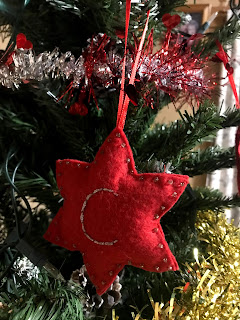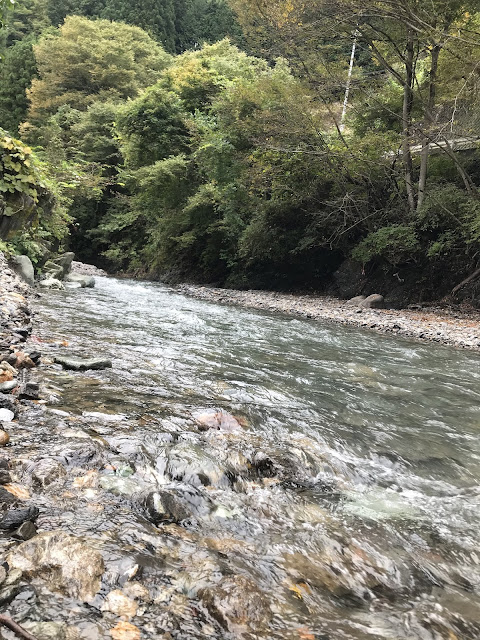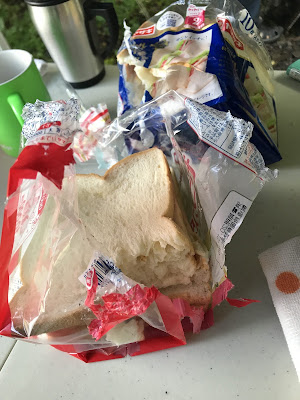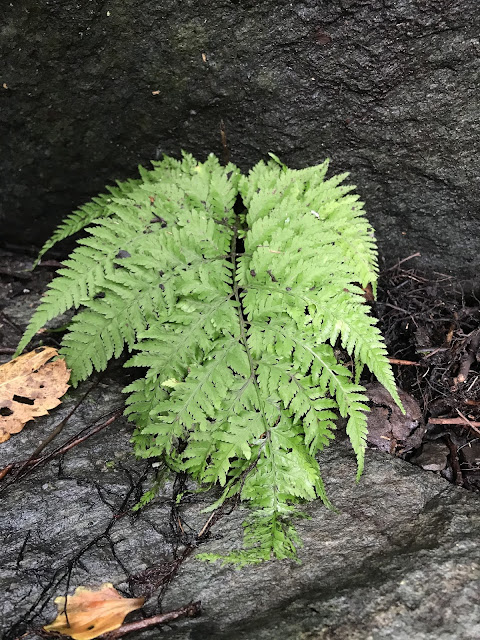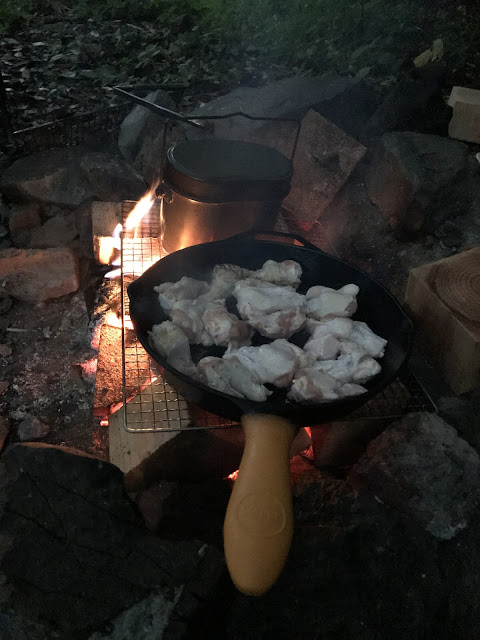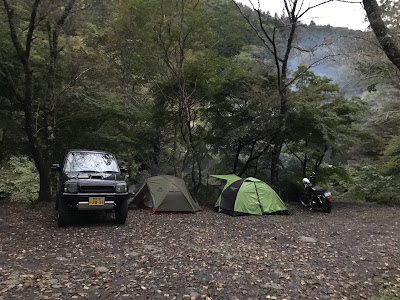It's time for my end-of-year blog post.
Last year on this day I used some interesting questions to reflect on the year: http://mmuser.blogspot.com/2019/12/looking-back-at-2019.html They were good questions, so I'm going to use them again.
1. What makes this year unforgetable?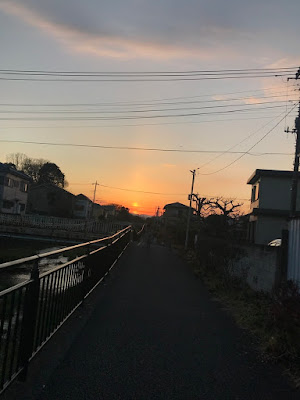 |
| Sunset late in 2020 near our house. |
- Well that's easy for 2020. But, unusually, probably similar to most of you: it's experiencing a pandemic, something we've only ever glanced over in the history books.
- For the first time I can remember in my life, I've been encouraged to stay home! All of us working from home during March-June was quite a challenge (though David did spend a good portion of that working at school, seeing as he has his own office only 300m walk from our house).
- Baking. I've always enjoyed baking, but often it's been something that's squeezed in between other commitments on weekends. This year, with everything cancelled mid-year and not much to look forward to, baking was something I could not just plan for, but look forward to, and control. It even enabled me to give some small pockets of joy to others outside our family, in a safe way. This year, I also inherited a stand mixer. First time I've had one in Japan. That was also mostly due to COVID (the owners suddenly decided to go back to Australia when they discovered they were expecting twins).
- Camping. As always. But amazingly, despite the restrictions, we were able to go camping three times, with a couple of firsts: the first time in Gunma prefecture and the first to camp on our own without kids (we were camping with friends).
- Watching God work in unexpected ways.
- One of those was related to camping. In April/May I had a short conversation with a colleague/friend whose teenage boys had had to suddenly evacuate from their international school in India when borders closed. Her boys were lacking connections in Tokyo, never having lived here. They are around the age of our our youngest son and I was pretty sure that, given the chance, they would be good friends. So, in a God-inspired moved, we invited them to come camping with us in July and they hit it off, not just with our son, but with his group of friends. Despite living on opposite sides of this great metropolis, they've managed to get together quite often. Amazing.
- And that's just one example. I've heard other stories—one just the other day about a Japanese couple coming to faith this year, despite how hard it's been to meet together.
- A third is this story from March, when I sent a pair of earrings to a friend, and they arrived the day after her son died!
- I'm grateful to my two friends with whom I formed a trio over two years ago now. We've helped each other stay afloat with daily messaging through what has been a horrid year.
- Technology, without which much of the above wouldn't be possible and we'd be a whole lot more isolated from one another. We attended church online from mid-March to mid-August this year. Without technology that period would have been much more difficult.
- Hmmm, a hard question, as it was last year.
- For the first time I've used an app called Goodreads to track my reading. So I know that this year I've read 108 (maybe 109 books, if I get my current book finished today). It tells me that that's 37,00+ pages with an average book length of 348 pages! Many of those have been crime/mystery type novels. I've always loved this genre and this year found reading to be especially calming when life around about us was in a turmoil. Last Christmas I received a Kindle Fire and I've used it extensively to borrow ebooks from the library, it's been a lifesaver.
- I enjoyed participating in a book club for the first time in my life. Naomi Reed spontaneously started a somewhat random Facebook-based book club to read through some of her books. We started with My Seventh Monsoon, then No Ordinary View, and Heading Home. I think she's done more, but I didn't own those books. The first two were especially interesting to do during the depths of the State of Emergency in Japan (April and May), providing some outside interaction that wasn't work-based.
- I read some books on first-person experiences of mental illness that were helpful in my understanding.
- It's interesting to note that the verse I cited this time last year has stuck with my through this year also: Ps 46:10 "Be still and know that I am God."
- Figuring out how to live with this new infectious threat has been a huge challenge. Just going out to get groceries (which was almost the only reason I left the house from mid-March onwards for several months) was stressful. Watching other people's reactions on social media was also stressful: for example seeing people go out and then ranting about how many people were out and seeing people declare that they won't get the new vaccine was also worrying. However, we've made it to the end of the year without dying, or contracting this new disease!
- I really didn't want the Olympics cancelled, ironically! We amazingly had tickets. But it did. We've still got tickets for the Paralympics, if they happen in September next year!
- Learning to wear a mask every time I was out was challenging, and I still haven't found one that I can wear for many hours at a time without ending up in pain.
- Unrelated to the global pandemic has been my concern for my older two boys. They are both on the verge of new things as their current studies come to an end in 2021. Neither knows what they want to do next. Our middle son is on the verge of adulthood and transitioning to life in Australia. There are many things that concern us about that transition. This has been a big worry for me that I've tried had to hand over to God regularly, with varying success. It remains to be seen how all this pans out, we probably won't know for several years!
- Hmm. Possibly, not being able to be with my friend in Australia when her son was dying. I think that was far harder than I'd anticipated.
- I've enjoyed a new habit formed with David: walking three times a week in the evening. That's a new way for both of us to get exercise. It's been a good time to debrief from the day too.
- To think deeper than that...I'm not sure. This year we passed the 20-years mark, 20 years since we left Australia as missionaries for the first time. It's also 10 years since our youngest started school full-time and I started work in the publishing industry more intently. 2010 was a big year. It's been good to reflect on that journey during the year and see how far I've come. I'm gradually being called on more often to teach others about writing, editing, and other communication skills, rather than just doing it myself. I guess that's been something of a change of mindset over the last 12 months, or longer.
- I think I was surprised by how much I need to have concrete things to look forward to. Having so much cancelled in March and April (and ongoing cancellations since then) was really hard. I was reduced to looking forward to small things, like looking forward to watching a favourite TV show in the evening, and baking on a Saturday.
- Our three camping trips and two family holidays in the mountains.
- Reading large quantities of books!
- Seeing the new prayer book for Japan published after 18 months of work.
- Successfully leading a series of three, online meetings that comprised our magazine's annual planning time.
- Good conversations with friends.
- Deepening friendships with some friends who were more like acquaintances before.
- More Saturday sleep-ins due to sports events cancelled.
- Finding the capacity to write some poetry/song verses to express deep emotions.
- Leading a writer's retreat weekend in March.
- My friend's son dying in March.
- In-person school being cancelled from March to June.
- Not being able to see our eldest son at all this year in person.
- Losing a few more friends in my expat "colander" life!
"We have this hope as an anchor for the soul, firm and secure" (Heb. 6:19)and
"The name of the Lord is a fortified tower; the righteous run to it and are safe" (Proverbs 18:10).
"In the morning, Lord, you hear my voice; in the morning I lay my requests before you and wait expectantly" (Psalms 5:3 NIV).
My next blog post is going to be an interesting one, as I ponder the year ahead. It seems even more uncertain than a usual year, so how does one even do that? The first post I wrote this year I suggested that 2020 would be a quiet year (primarily with the thought that we might not engage in any international travel). I had no idea just how quiet it would be!
